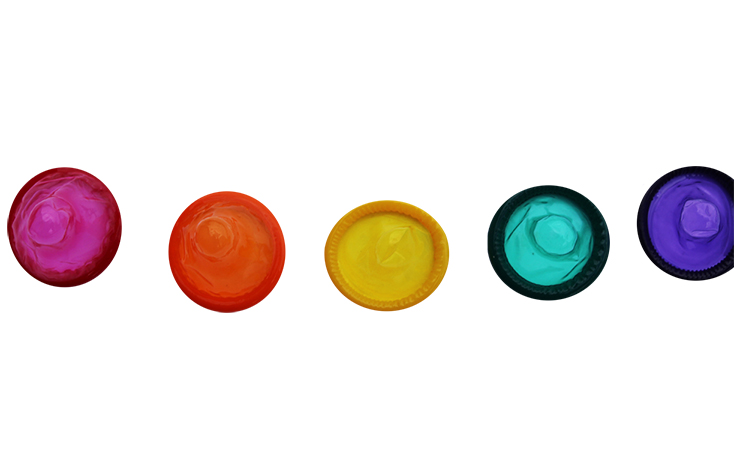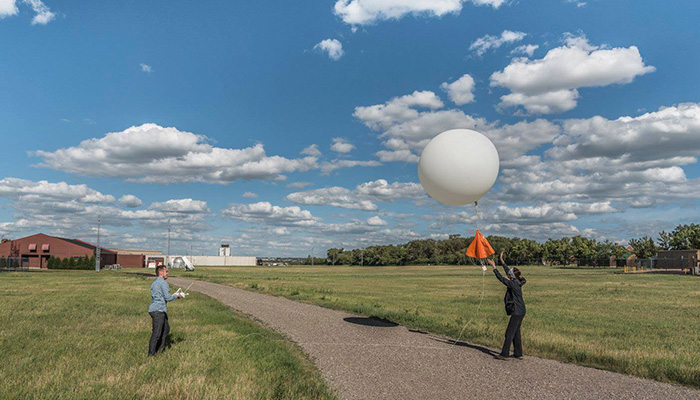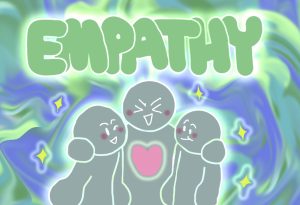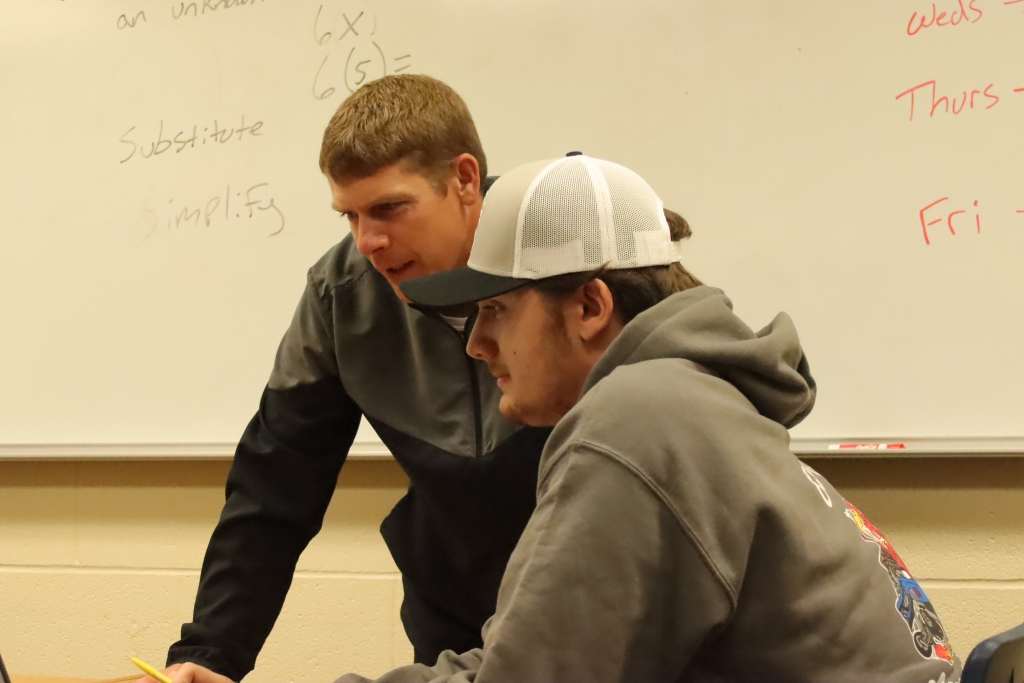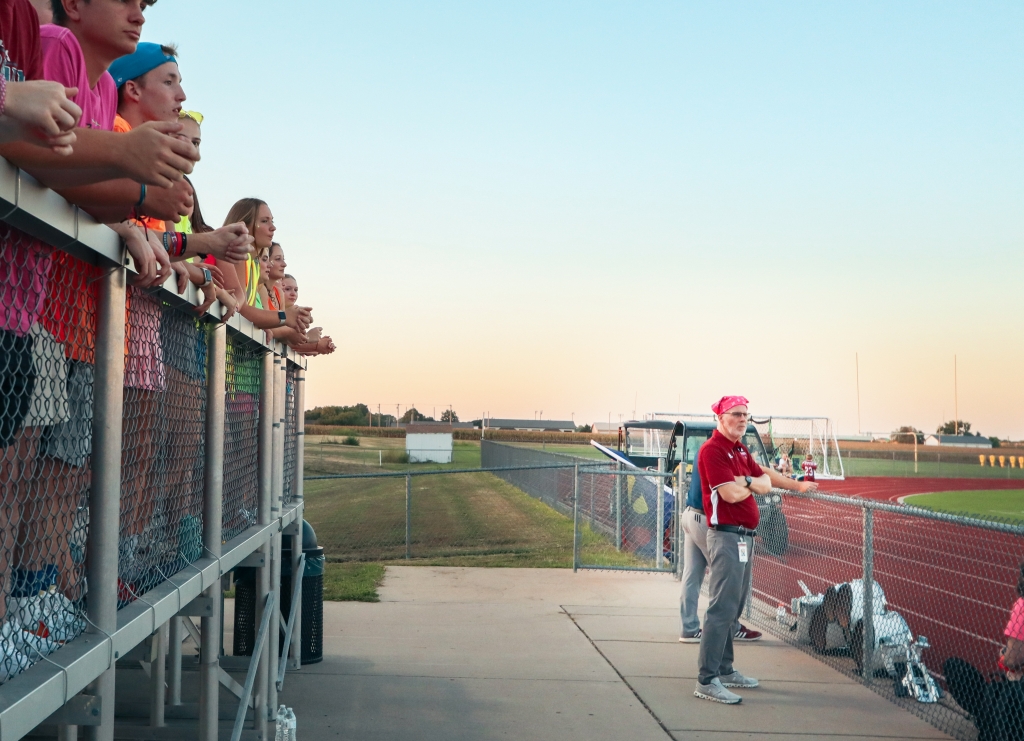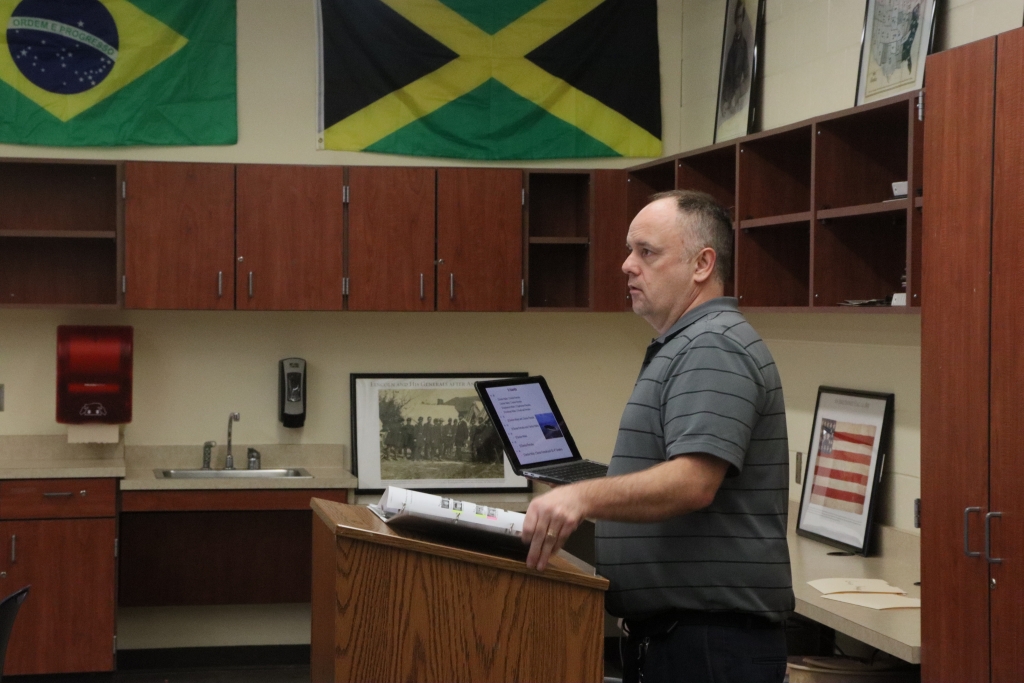Talking About Sexual Health Education
When was the last time that you asked your parents about sex? The answer is probably never. In fact, half of all teenagers feel uncomfortable talking to their parents about sex, according to a survey conducted by Planned Parenthood. While students are hesitant, most parents reported that they have discussed with their children the topic of sexual health. Nationally, most parents also think that birth control should be covered in school, according to the same survey. Parents in Kansas may not feel the same way.
Polls tend to indicate that parents support the inclusion of sex education in school curriculums; however, only 22 states and the District of Columbia require sex education in their schools, according to Cosmopolitan.com. This means that over half of the schools in our country don’t receive mandated sex education. Recent legislation in Kansas, Senate Bill 376 conjoined with House Bill 2620, has proposed that sex education courses offered be opt-in only. There are already 3 states that require parents to opt their children into the sexual health course.
Kansas high schoolers must “demonstrate an in-depth, extensive knowledge of the importance and benefits of abstinent behavior and risk-reducing strategies in the areas of substance use and sexuality,” says Kansas Healthy Kids, a benchmark curriculum guideline for the state. In spite of the emphasis on complete abstinence, the birth rate per 1000 teens is higher in Kansas than the national average.
Senior Kristi Daigh gave her opinion on the sexual education courses, “While many schools cover a basic safe sex curriculum, the topic coverage lacks emphasis and empathy.” Daigh received sexual education at EHS in her freshman health class. “If students are not encouraged to think of how severely pregnancy and STDs will impact their life, they are more prone to dangerous sexual behavior.”
Senior McNeilly James emphasizes the importance of understanding the benefits of birth control. “I do believe that students should be more educated about contraceptives as well as birth control because there are so many young teens who don’t even know that birth control is, how it can help, and the side-effects of taking and not taking it.” She’s been taking a form of birth control for four years, “The main reason why I decided to go on it was for my acne. I had severe acne and eventually I had to take accutane and while on that, I had to have two forms of birth control.”
Kim Maples is the mother of Kayla Maples, a student here at EHS. She is a co-owner and Executive Operating Director of a child care center. “Students should be taught the basics of the reproductive system. I believe students should also be taught the stages of child development from conception to birth,” Maples stated her thoughts on sex education for high schoolers. “Students should be taught that abstinence is the only 100% effective method of preventing an unplanned pregnancy. They should be taught about STDs and their short-term and long-term consequences.”
“I believe the more individuals are informed about anything that could affect their health and well-being the more prepared they will be to make decisions that are right for them.” Added Maples, who also believes that deciding to be on birth control “is an individual decision that should be made after evaluating all the advantages and disadvantages.”
While opinions in Kansas may vary on what students should and should not be taught regarding reproductive health, students and community members at EHS seem to agree on one thing. Senior Mariah Brown summed it up. “I think teens should be informed on ways to practice safe sex. We should be taught that sex isn’t something to be taken lightly and the ways to practice it safely.”

